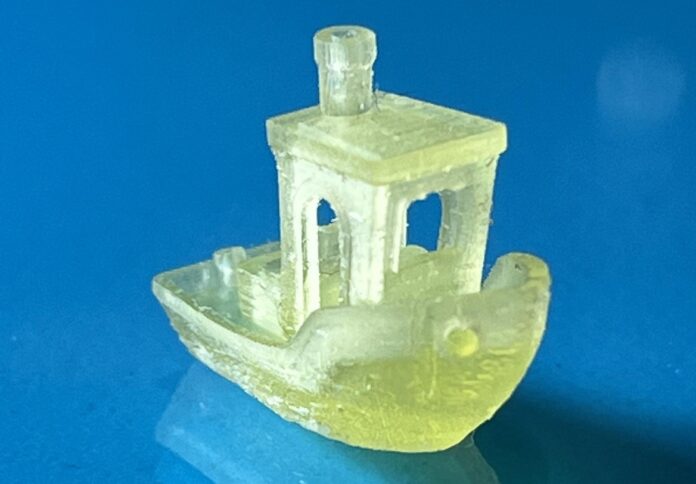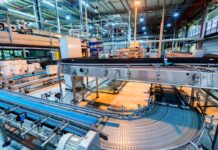
Scientists at the University of Birmingham have engineered a new breed of recyclable resin, derived from biosourced materials, specifically tailored for 3D printing applications.
Published in the journal Nature, the study showcases the creation of high-resolution 3D printed structures using entirely bio-sourced feedstock.
These products boast the ability to be recycled within a nearly closed-loop system, marking a significant stride towards eco-conscious manufacturing practices.
Traditionally, photopolymer resins, which solidify upon exposure to light, dominate the realm of 3D printing, the university said in a news release.
However, the majority of these resins are derived from petrochemicals, posing significant challenges for recycling.
This new resin, a brainchild of the Birmingham team, offers a paradigm shift by enabling efficient recycling without compromising on print quality.
Lead researcher Professor Andrew Dove elucidated, Our approach is an important step away from relying on 3D-printable resins made from petrochemicals, which cannot be efficiently recycled. While we still have improvements to make to the properties of the new resin, this research opens up exciting new avenues for development.”
Key to this innovation is the novel use of lipoic acid, a naturally occurring fatty acid, as the primary feedstock.
By ingeniously combining lipoic acid-derived monomers, the team produced a resin capable of not only high-resolution printing but also facile recycling.
This resin, with just a small addition of photoinitiator, can be broken down to its base components, recycled, and reprinted—an unprecedented feat in the industry.
Assistant Professor Josh Worch, co-lead researcher, underscores the significance of this advancement, stating, “Enabling recycling within the light-mediated 3D printing industry is essential since it is a rapidly expanding method for materials production. We now have the prospect, with our technology, to help ensure that recycling becomes a built-in feature of 3D printing.”
The implications of this breakthrough extend across various industries, from rapid prototyping to automotive, medical, dental, and jewelry design.
University of Birmingham Enterprise has taken proactive steps to safeguard this innovation, filing a patent application covering the resin and its utility in 3D printing.




















